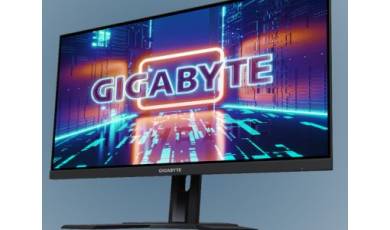Firefly S120 specs.
Mobiles >> Firefly >> Firefly S120| Specifications | Reviews | Secret codes |
| Unlock phone | Root phone |
| Backup | Flash Firmware | Screenshot |
General characteristics Firefly S120
Type:
Mobile
Battery:
Li-Ion
CPU: Central processing unit
Central processing unit
MediaTek MT6572W, Dual Core, 1.3GHz, ARM Mali 400, ARMv7
Smart Phone OS: An operating system (OS) is software that interacts between a user and a smartphone.
An operating system (OS) is software that interacts between a user and a smartphone.
Android 4.2.2
Formfactor:
Bar
Keyboard:
Screen
Sidekeys:
Volume, Power
Softkeys:
3
Display Firefly S120
Color:
Yes
Other:
Capacitive Touchscreen, 5 Point Multi Touch
Pixel aspect ratio:
1.50
Screen Resolution: Screen resolution refers to the size of the image received on the screen in pixels
Screen resolution refers to the size of the image received on the screen in pixels
360x640
Display PPI:
220
Screen Size: This diagonal display size is usually measured in inches.
This diagonal display size is usually measured in inches.
5
Type:
IPS
Audio:
MP3
Camera:
5MP, 2592x1944
Secondcamera:
2MP, 1600x1200
Videocapture:
YES
Other functions Firefly S120
Connectors:
3.5mm Audio
Network:
WIFI, GPRS General Packet Radio Service, EDGE
General Packet Radio Service, EDGE
Features:
Dual SIM Dual Standby, FM Radio
Memory Internal:
4GB ROM, 512MB RAM Random Access Memory
Random Access Memory
Memory Slot:
MicroSD, 128GB
Comments, Questions and Answers about Firefly S120
Ask a question about Firefly S120





